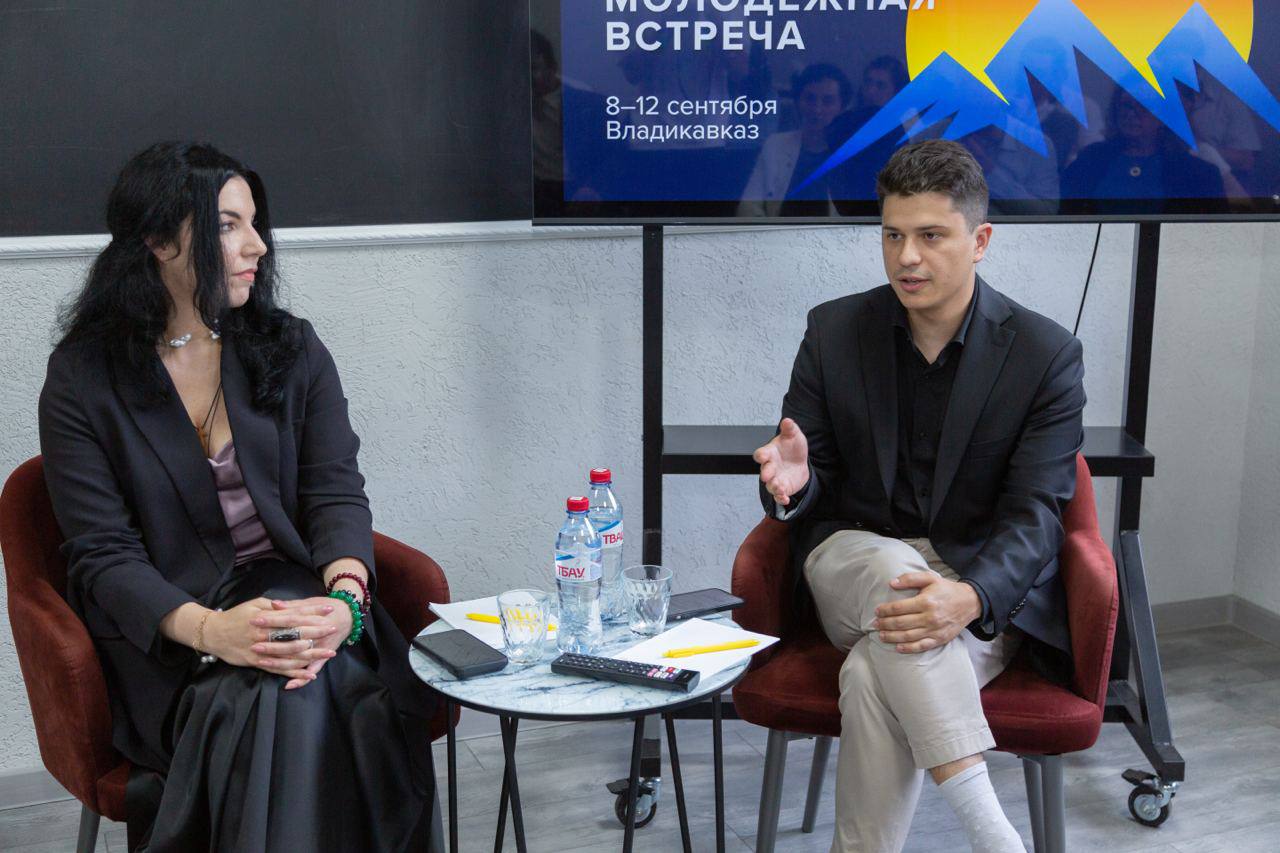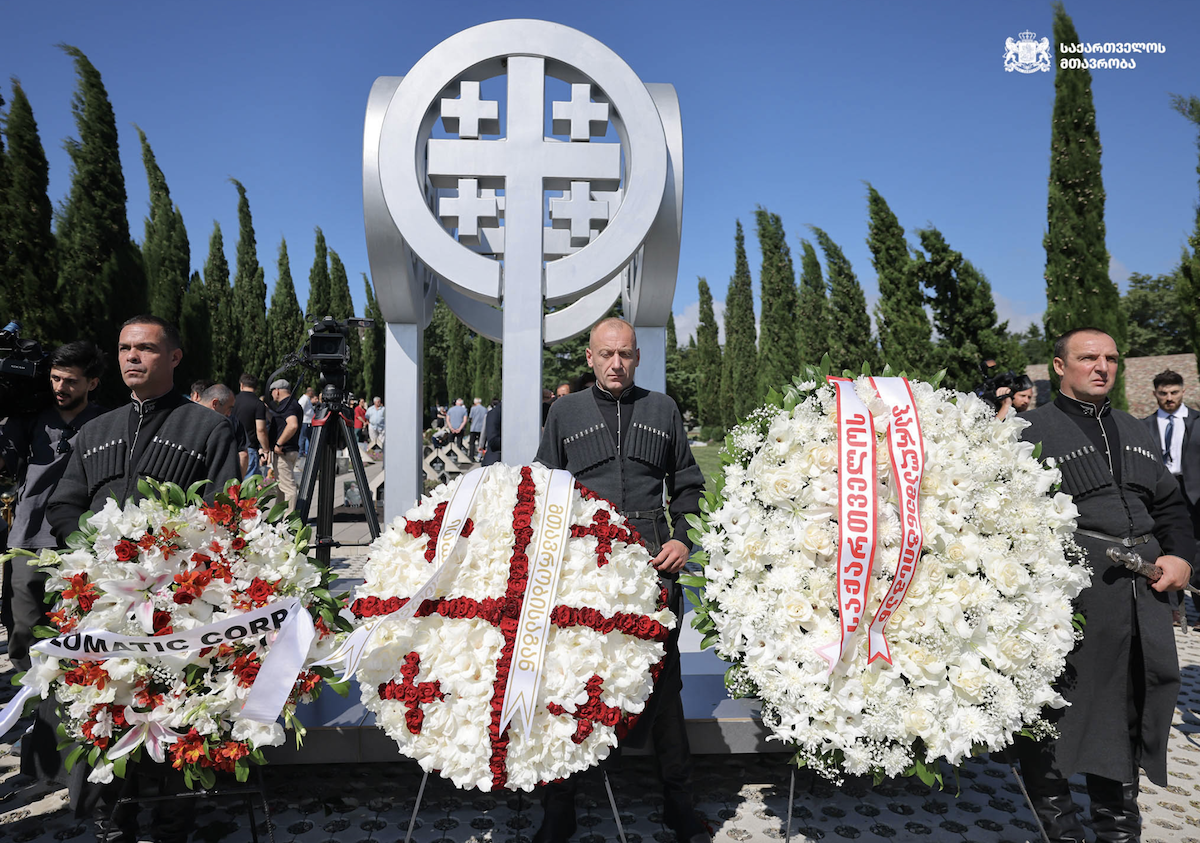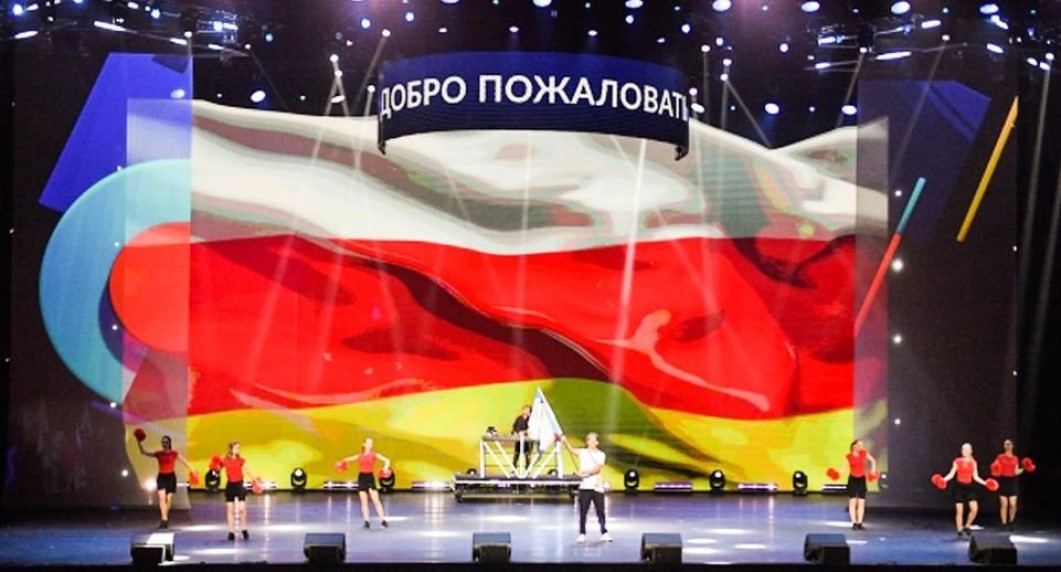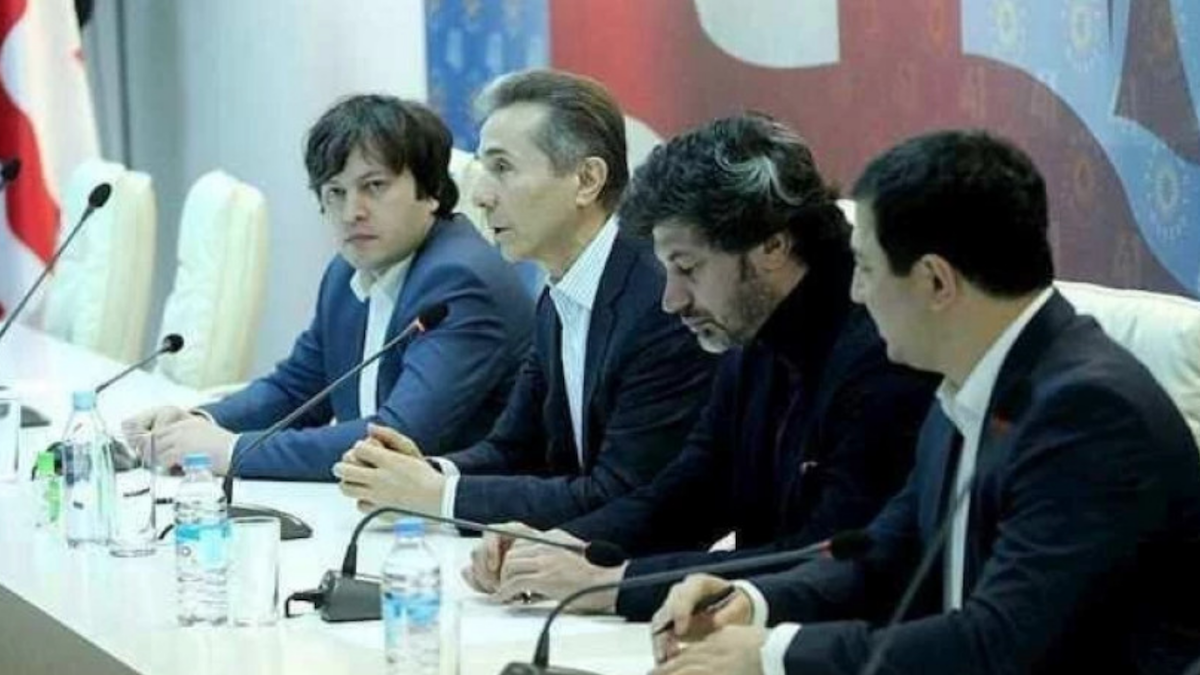
Georgian-Russian meeting in Vladikavkaz
From September 8 to 12, a closed meeting took place in Vladikavkaz (North Ossetia) between representatives of the Georgian diaspora in Russia and Russian experts as part of the Georgian-Russian youth meeting. The event, organized by the Primakov Georgian-Russian Public Center under a grant from the Gorchakov Foundation, was reported on the Foundation’s website and the Telegram channel of the Georgian diaspora in Russia.
Residents of both North and South Ossetia reacted to the meeting with resentment and suspicion.
Official version
“On September 9, a Georgian-Russian youth meeting took place in the capital of North Ossetia. Sixteen representatives from Russia and South Caucasus countries participated.
The director of the Primakov Georgian-Russian Public Center, Dmitry Lortkipanidze, welcomed the participants and emphasized:
‘The Georgian-Russian youth meeting is one of the most important forums between our countries. Today, the youth serve as the driving force, giving real momentum to policy. Young people are not weighed down by past disagreements and can approach the future with a new perspective. Such meetings are an investment in the future of Georgian-Russian relations, which will undoubtedly bear fruit.’
Sergey Orlov, Deputy Executive Director of the Gorchakov Foundation, noted that ‘small meetings like these, step by step, will bring the results we are all working towards—the restoration of diplomatic relations between our two countries for the harmonious development of the region,’ the official press release reports.”
It was reported that the event included a lecture on the current situation in Georgia ahead of the parliamentary elections and examined the prospects for restoring relations between Georgia and Russia.
There were also panel discussions on the role of the diaspora in Georgian-Russian relations:
“Experts shared their experiences of integrating the Georgian diaspora into all aspects of society and discussed the challenges encountered along the way.”
Additionally, the organizers announced the Caucasus Dialogue—a “scientific and educational platform featuring lively discussions on the future of the South Caucasus region.”
Involved but not invited
However, local North Ossetian experts and media were largely not invited to the event. As a result, the behind-the-scenes discussions on restoring Georgian-Russian relations sparked heated debates in the Ossetian segment of social media.
Some saw such projects as posing risks to the interests of South Ossetia and Abkhazia in favor of warming ties between Georgia and Russia.
- “Georgia recognizes Abkhazia’s independence, Kremlin will create a confederation and bind both to itself” – Opinion from Abkhazia
- Russian deputy is set to meet with the Abkhazian opposition, whom he recently insulted
One of the North Ossetian political analysts and bloggers, Alan Mamiev, expressed the opinion that the interests of Abkhazia and South Ossetia could become bargaining chips between Moscow and Tbilisi:
“The ‘youth meeting’ in Vladikavkaz quietly and inconspicuously passed. I wonder, were representatives of South Ossetia and Abkhazia invited to this meeting? After all, it is the interests of these republics that are up for negotiation between Russia and Georgia.”
The authors of the Telegram channel Historypoliticus reminded their audience of the allied nature of Russia’s relationships with Abkhazia and South Ossetia, noting that backdoor agreements between the Georgian diaspora and Russian politicians and political analysts are unlikely to sit well with the Abkhazians and Ossetians:
“It would be interesting to know if the hosts of this meeting coordinated it with the Abkhazians and South Ossetians, who are still considered second-class citizens in Georgia.”
Several North Ossetian experts outright refused to comment on the meeting, explaining that they did not have reliable information about the visit of the “Russian and Georgian youth” to Vladikavkaz. They were also skeptical of the decision to hold such an event in North Ossetia, a region that has supported South Ossetia since the beginning of the Georgian-South Ossetian conflict and sheltered tens of thousands of Ossetian refugees from Georgia.
Meanwhile, a local official, speaking on condition of anonymity, explained that the choice of venue was justified by the fact that “North Ossetia is a Russian region bordering Georgia, where more than a hundred nationalities live peacefully, and the Georgian diaspora has managed to distance itself from Tbilisi’s politics and maintain good relations with the local Ossetian population.”
The authorities of South Ossetia did not respond to the Georgian lobby’s activities in Vladikavkaz. However, Alan Tadtaev, chairman of the Central Committee of the opposition party United Ossetia and former speaker of parliament, shared his views with JAMnews:
“The warming of Russian-Georgian relations has activated the actions of the Georgian diaspora in Russia. And all of this is being controlled by the same puppet masters who seek to bring Moscow and Tbilisi closer together, even though they know that Tbilisi will betray Moscow at any moment to serve its own interests.”
Terms, place names, opinions and publication ideas do not necessarily coincide with those of JAMnews or its individual employees. JAMnews reserves the right to remove comments on posts that are deemed offensive, threatening, violent or otherwise ethically unacceptable.



